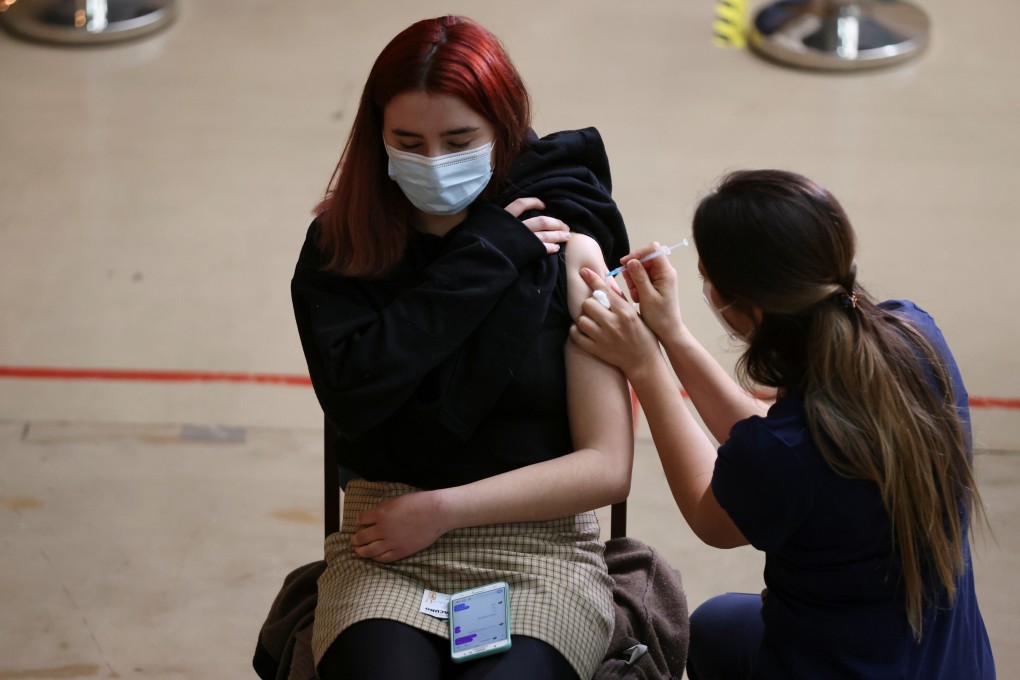Mixing AstraZeneca and Pfizer coronavirus vaccines creates better immune response: study
- An Oxford study compared mixed schedules of Pfizer and AstraZeneca jabs, and found that in any combination, they produced high levels of immune antibodies
- The data provides support for the decision of some European countries that have started offering alternatives to AstraZeneca as a second shot

The data provides support for the decision of some European countries that have started offering alternatives to AstraZeneca as a second shot after the vaccine was linked to rare blood clots.
Matthew Snape, the Oxford professor behind the trial, said that the findings could be used to give flexibility to vaccine roll-outs, but was not large enough to recommend a broader shift away from clinically approved schedules on its own.

06:18
SCMP Explains: What’s in a Covid-19 vaccine?
“It’s certainly encouraging that these antibody and T-cell responses look good with the mixed schedules,” he told reporters.
“But I think your default has to stay, unless there’s a very good reason otherwise, to what is proven to work,” he added referring to the same-shot vaccine schedules assessed in clinical trials.